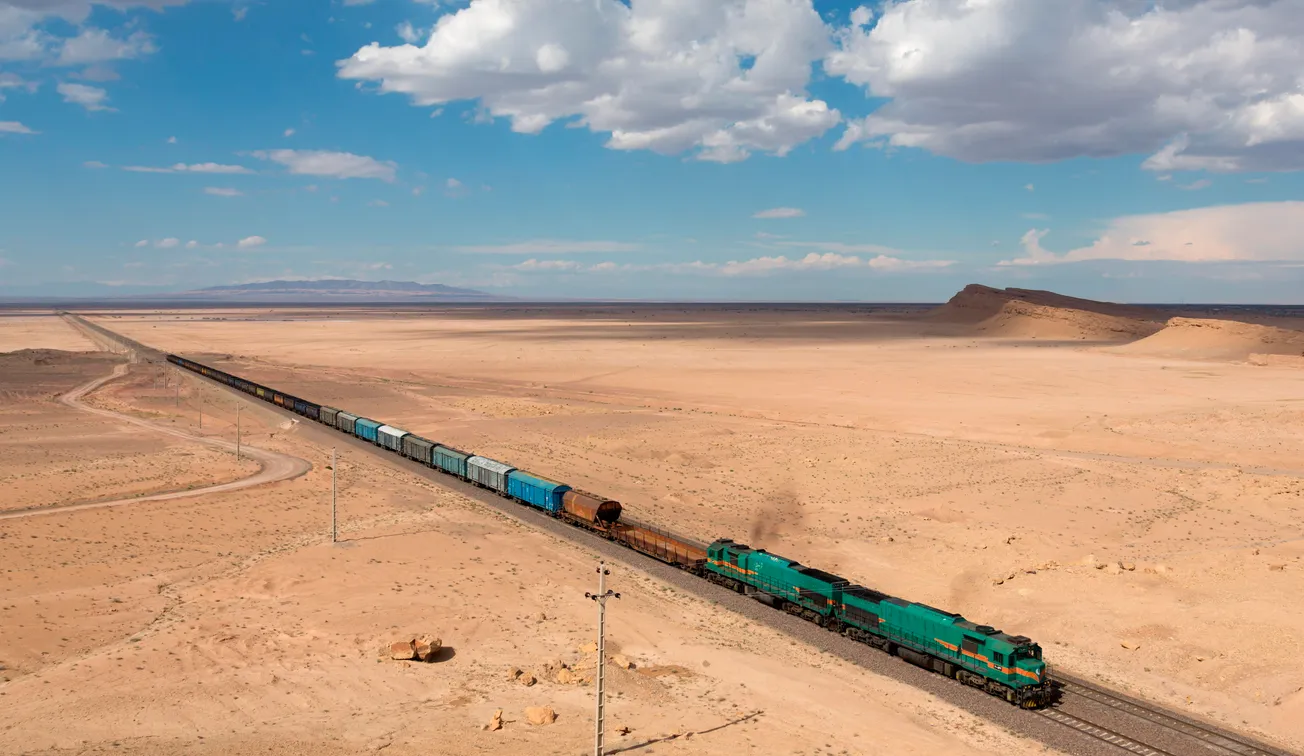Reuters reports that, Tunisia, as part of its (not yet announced) $4 billion IMF bailout package, has “agreed” to virtually eliminate its social support programs. “The proposal, shown to Reuters by a government source, envisages eliminating all general [including food] subsidies by 2024 and cutting the wage bill [for public-sector employees] to 15% of GDP by 2022 from 17.4% last year, partly through early retirement and reductions in working hours.” Replacing subsidies, the imperial news source said, will be “direct support” from government, presumably welfare-style checks, something which the IMF would not confirm at its weekly press conference on May 7.
A revolt of students and public sector in Tunisia touched off the so-called “Arab Spring” upheavals in North African and Mediterranean countries in early 2011. Those protests have both resumed and intensified since January, with continued collapse of living standards and severe inflation. In that context, the IMF demands could feed a color revolution in the making.
The cruelty of demands such as these was spelled out May 6, in a rare opinion piece published in the Kenyan Business Daily news site, written by the special economic advisor to President Uhuru Kenyatta, Mbui Wagacha. Kenya recently concluded its own cowering to the gods of finance, negotiating a $2.34 billion bailout package. Although it’s already been finalized, Wagacha voices strong regret, outlining how the current woes of Kenya Power — whose accrued debt from the coronavirus collapse was a major factor driving Kenya to the IMF — were actually the result of conditionalities forced on the country by the last, 1990 bailout from the World Bank. Under terms of that deal, Kenya dismantled ("unbundled") Kenya Power and Lighting Company, a company “with decades of profits and profitability behind it,” Wagacha says. The distribution segment, Kenya Power, was left with the liabilities, while the power generators got tax and financing breaks.




